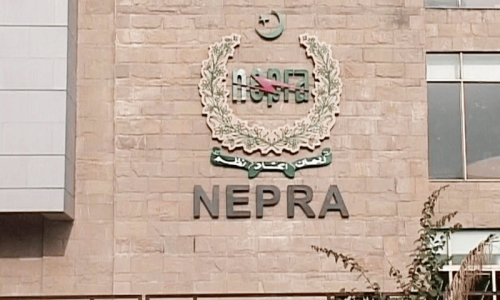LAHORE: The committee constituted last month to audit the country’s power sector, which was tasked to suggest ways for resolving the issue of growing circular debt and recommend a sustainable roadmap for future energy security, has initiated its inquiry.
The committee was notified by the Power Division of the energy ministry on Aug 7 but could not begin work until the end of last month.
“The committee will strive to produce its first report in one month. The final, consolidated report will take three months to finalise,” said Mohammad Ali, the committee’s chairman who is also former head of the Securities and Exchange Commission of Pakistan (SECP), recently told Dawn.
“We are reviewing the various power policies and studying the data on power sector; our objective is to find a positive solution (to the issues plaguing the power sector) and recommend a comprehensive policy for future,” Ali added.
The committee has been created with the objective of the ‘identification and examination of the causes of the high-cost electricity, including establishment of private power generation units under various power policies, and propose steps to rectify any wrongdoings of the past and ensure the future energy security of the country’.
The committee has also been mandated to look into the causes of circular (or inter-corporate) debt in the power sector, propose a way forward to resolve the issue and prevent its build-up in future to bring down the electricity prices.
The committee has been mandated to review matters relating to the cost of setting up public and private power generation projects under different power policies, identify any unethical or illegal practices, administrative or procedural weaknesses and any regulatory gaps that may have appeared.
The committee has also been empowered to assess if the independent power producers have complied with the their power purchase agreements and if any favours were allowed to any of them in matters related to tariff determination, financial close, construction period, capacity payment and merit order, plant efficiency, and so on to determine if any of them had received excessive payments.
Further, the committee will also study the policies and models of the power sector globally and recommend way forward for changes in power policies.
The committee draws its eight members from the power division, the SECP, National Electric Power Regulatory Authority, Central Power Purchasing Agency and National Power Control Centre and also has officials from the Federal Investigation Agency and Inter-Services Intelligence on it, according to the official notification.
Published in Dawn, September 10th, 2019












































